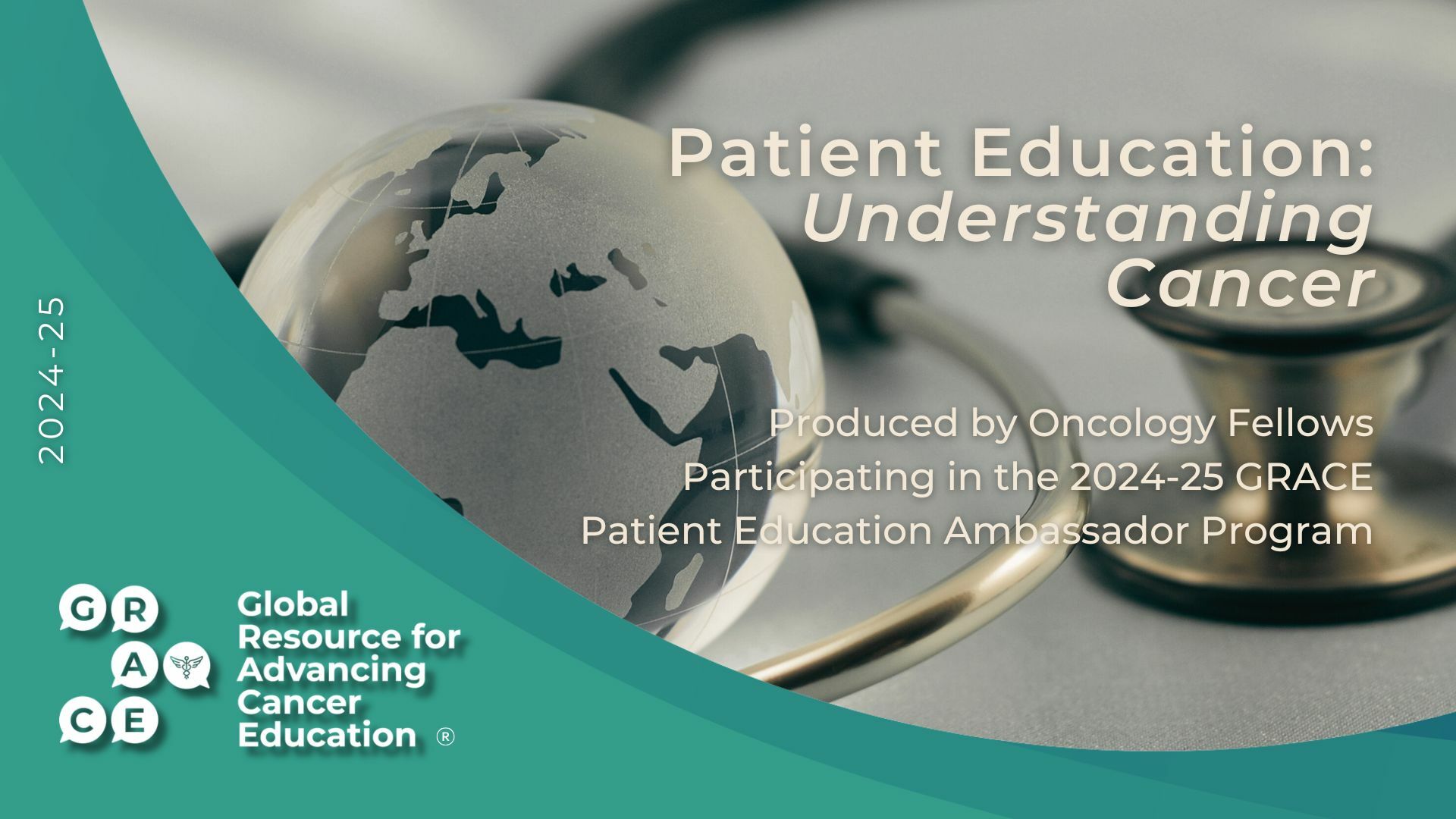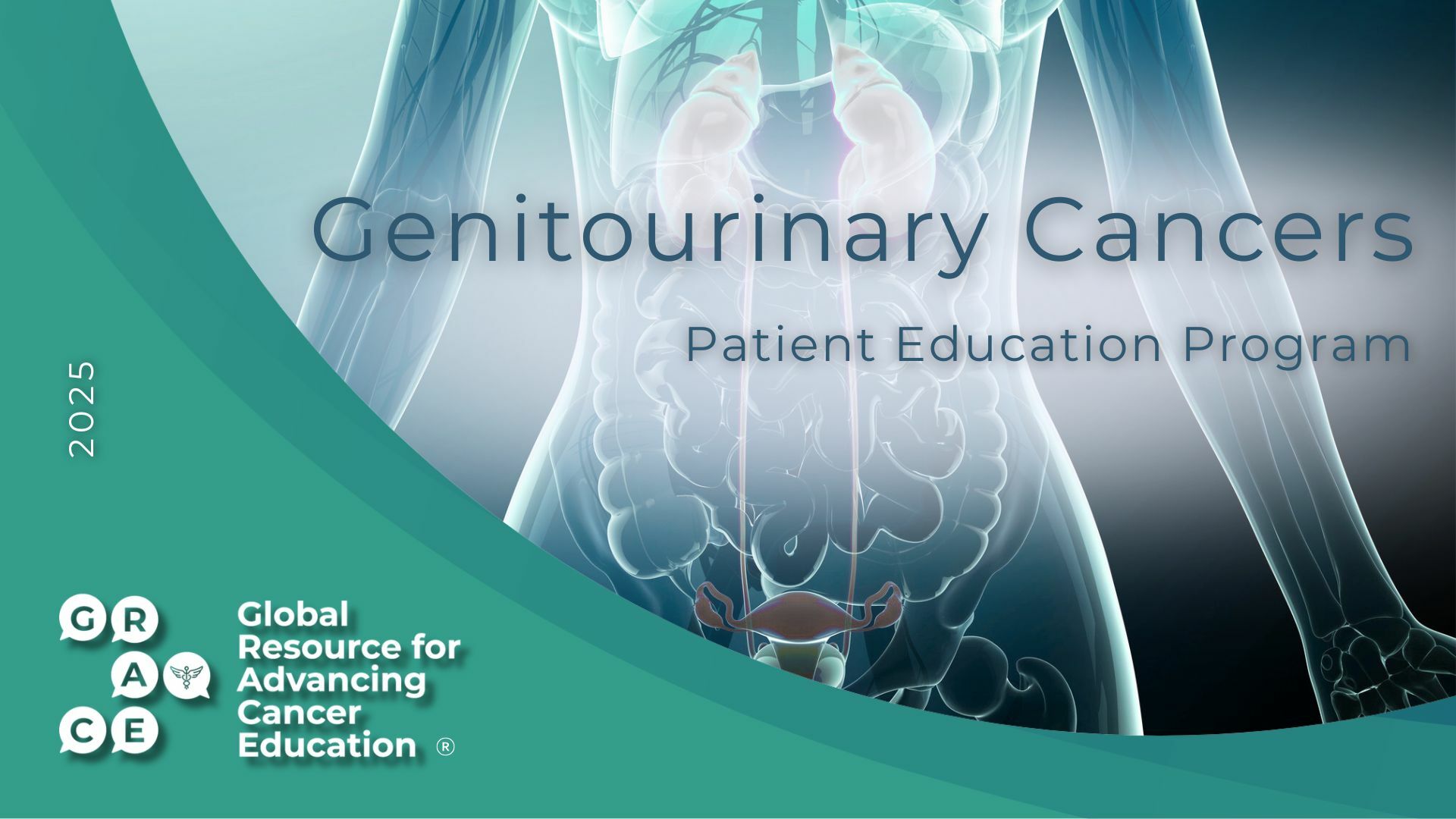Article and Video CATEGORIES
 One of the more eagerly awaited clinical trials in lung cancer this year is the PointBreak study that tried to identify whether an Alimta (pemetrexed)-based first line and maintenance chemo strategy is significantly superior to a well-established standard first line and maintenance therapy regimen. Specifically, this trial randomized 939 chemo-naive patients with non-squamous, advanced NSCLC to receive either 4 cycles of carboplatin/Alimta/Avastin (bevacizumab) followed by maintenance Alimta/Avastin -- the so-called "Patel regimen" (named for my good friend Jyoti Patel in Chicago, who led the early study that piloted the combination) or 4 cycles of carbo/Taxol (paclitaxel)/Avastin followed by maintenance Avastin, from the ECOG 4599 trial, also known as the "Sandler regimen" (for my friend Dr. Alan Sandler, the man I hope to rival for the title of funniest man in lung cancer (admittedly, a limited field), who led the ECOG trial that established the superior survival for this strategy over chemo alone). Dr. Patel just reported the results of PointBreak at the 2012 Chicago Multidisciplinary Symposium in Thoracic Oncology.
One of the more eagerly awaited clinical trials in lung cancer this year is the PointBreak study that tried to identify whether an Alimta (pemetrexed)-based first line and maintenance chemo strategy is significantly superior to a well-established standard first line and maintenance therapy regimen. Specifically, this trial randomized 939 chemo-naive patients with non-squamous, advanced NSCLC to receive either 4 cycles of carboplatin/Alimta/Avastin (bevacizumab) followed by maintenance Alimta/Avastin -- the so-called "Patel regimen" (named for my good friend Jyoti Patel in Chicago, who led the early study that piloted the combination) or 4 cycles of carbo/Taxol (paclitaxel)/Avastin followed by maintenance Avastin, from the ECOG 4599 trial, also known as the "Sandler regimen" (for my friend Dr. Alan Sandler, the man I hope to rival for the title of funniest man in lung cancer (admittedly, a limited field), who led the ECOG trial that established the superior survival for this strategy over chemo alone). Dr. Patel just reported the results of PointBreak at the 2012 Chicago Multidisciplinary Symposium in Thoracic Oncology.
The primary objective of the trial was to demonstrate significant superiority in terms of overall survival (OS) for the Patel regimen with Alimta compared with the Sandler regimen with Taxol. The trial was negative -- it failed to show a significant benefit for Alimta. But that doesn't mean that we learn nothing from the study. Here are a few things we did learn.
1) Patients did very marginally better on the Alimta regimen while they were receiving first line therapy. The differences are truly minimal, but as you can see from the curves below, the progression-free survival (PFS) is a little better for the Patel regimen. Still, with a median PFS difference of two weeks (6.0 vs. 5.6 months, hazard ratio 0.83) and really no difference in objective response rate (34% vs. 33%), this doesn't really count as a clinically meaningful difference.
2) There wasn't a whit of difference in OS between the two treatment arms. As shown in the figure below, the curves for the two arms travel together and just cross over each other multiple times. One may beat the other numerically at a single point in time, but there are no sustainable trends.
3) There were some individual differences in side effects between the two arms, but there was no clear winner here either. Short of showing a significantly better OS with the Patel regimen, the Alimta arm had another shot on goal that would have been partially successful if it had shown the same effficacy but clearly superior tolerability. That didn't happen. There was more neuropathy and hair loss with Taxol, as expected, but a little more of a drop in blood counts with Alimta. Overall, far more similar than different in most parameters.
4) In terms of which maintenance therapy strategy looked better, you can make the argument that the Alimta/Avastin combination was superior to Avastin alone. As shown in the figures below, when looking only at the 63% of patients who went on to maintenance therapy (the others dropping off because of progression, prohibitive side effects, or other complications), both PFS and OS are longer (by 1.7 and 2.0 months, respectively). This wasn't the primary focus of the trial, but it was at least a pre-specified question that the investigators wanted to address. In fact, this result supports the finding from the AVAPERL trial that revealed significantly superior PFS (and OS not reported out yet) for maintenance Alimta/Avastin vs. Avastin alone after first line cisplatin/Alimta/Avastin.
Despite the difference in efficacy of maintenance therapy, at the end of the day, there wasn't a significant difference in overall survival when you add in the patients who dropped off before maintenance. And then, there is an equalizing effect from post-trial subsequent therapies, though less than 2/3 of patients received further therapy, when these are patients we'd have really generally hoped and expected should have received further treatment (in trial after trial, we consistently see fewer patients received with second line and later systemic therapy than oncologists believe they're treating). Patients assigned to the Alimta arm were significantly more likely to get Taxotere (docetaxel) afterward, and patients assigned to the Taxol arm were significantly more likely to get Alimta afterward (as you'd expect).
At the end of the day, what does it all mean? Many lung cancer experts (including this one) have tended, over the past few years, to favor carbo/Alimta/Avastin over the established ECOG 4599 trial regimen because we felt it was extremely likely to be at least as good if not significantly better than the carbo/Taxol/Avastin regimen. Indeed, it was just as good, but it isn't significantly better, even with the advantage of giving what truly appears to be a more effective maintenance therapy with the Alimta/Avastin combination. At the same time, many of us who treat lung cancer patients every time might have estimated that there would be significant advantage in terms of side effects for the Alimta regimen compared with the Taxol regimen. That didn't come to pass.
With the dust settling now, I'd say that the PointBreak trial leaves us with the idea that it's appropriate to continue to do exactly what you've been inclined to do. Some people will value the Alimta regimen because of the much lower risk of neuropathy and hair loss, while others will favor Taxol as being well established, considerably less expensive, and achieving results completely comparable to the carbo/Alimta/Avastin regimen overall. I think you can make a good argument that for patients who get as far as the maintenance portion, patients are better served by the Alimta/Avastin combination than Avastin alone, and that remains my preference, though we can also look forward to getting a more direct test of maintenance therapy strategies from the ongoing important ECOG 5508 trial.
Do you find these results surprising? Disappointing? Do these results change your views about a best therapy for lung cancer?
Please feel free to offer comments and raise questions in our
discussion forums.







